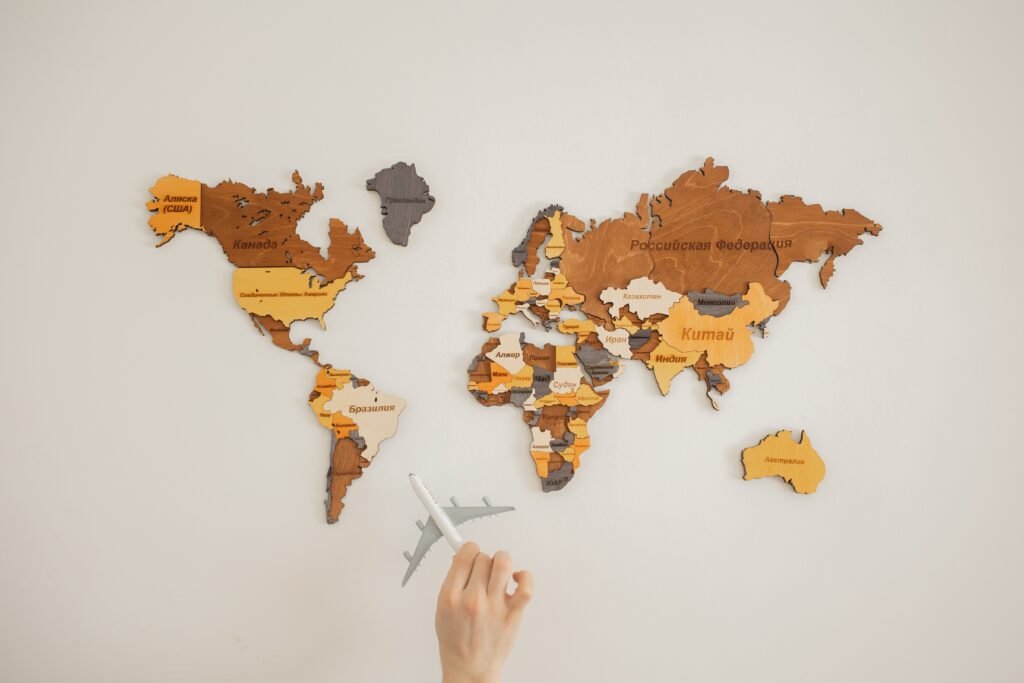
How Generative AI Can Augment Human Creativity
Artificial Intelligence (AI) has brought profound changes in many sectors of our society, from healthcare to transportation. Now, it’s even finding its place in the realm of creativity. Generative AI, a subfield of AI, has successfully augmented human creativity, proving itself as a valuable tool in different areas such as art, music, and writing.
Understanding Generative AI
Generative AI refers to systems that create new content from scratch. These systems are trained on large volumes of data, learn patterns from this data, and generate novel content that mirrors the characteristics of the training data. Generative Adversarial Networks (GANs) are a popular AI technique in generative models.
GANs consist of two neural networks – a generator that produces synthetic data instances and a discriminator that evaluates the generated data for authenticity. The interaction between these two networks allows the system to learn and improve its outputs continuously. Another approach used in generative models is Transformer-based models, like GPT-3, which are powerful in text generation, translation, summarization, and more tasks.
Augmenting Creativity
The combination of human creativity with the capabilities of generative AI can unlock new avenues of innovation. Here’s how generative AI is enhancing different fields of creativity.
Visual Arts
Artists are using AI to create compelling visual art. This does not replace the artist but instead provides them with a new tool for expression. AI can suggest art pieces based on certain parameters, inspiring artists to explore styles or elements they may not have considered before.
Must-Reads
- How to Reinvent and Grow Your Family Business
- How to Protect Your Business from Risk
- Leveraging Cohort Analysis to Drive Customer-Centric Strategies
Music Composition
AI can generate new compositions or assist composers by creating melodies, harmonies, and rhythms based on a vast repertoire of music styles. This can help composers overcome creative blocks, enrich their compositions, and discover novel musical structures.
Creative Writing
Generative AI can assist writers in ideation, writing, editing, and even publishing. AI can generate plot ideas and character descriptions or write parts of a story based on given prompts. It can also help refine language, ensure grammatical correctness, and enhance stylistic elements. This allows writers to focus on the creative aspects of storytelling and reduces the burden of editing.
Overcoming Limitations
While generative AI holds immense promise, it also has its limitations. It cannot match human understanding of context, emotions, or social nuances. Furthermore, ethical issues such as copyright, authenticity, and accountability must be addressed as AI becomes more prevalent in the creative process.
The Future of AI in Creativity
AI’s role in the creative process is a field of immense potential that is still being explored. As AI systems improve, the collaboration between human creativity and AI will become more seamless. AI could enable creators to push the boundaries of their work, leading to the emergence of entirely new genres and styles. In the future, we might see more personalized creative experiences. For instance, AI could generate customized music based on listeners’ preferences or create personalized narratives in interactive games or virtual reality. The possibilities are endless.






Responses